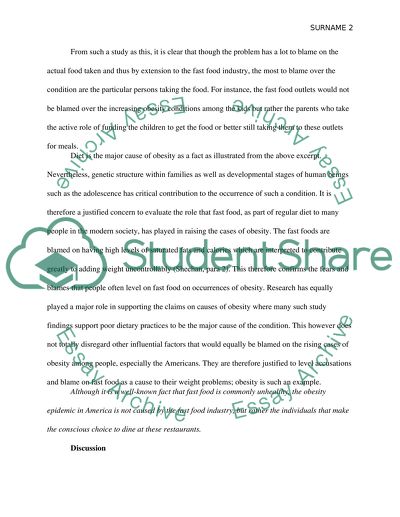Cite this document
(“Fast food Research Paper Example | Topics and Well Written Essays - 2000 words”, n.d.)
Retrieved from https://studentshare.org/english/1484229-fast-food
Retrieved from https://studentshare.org/english/1484229-fast-food
(Fast Food Research Paper Example | Topics and Well Written Essays - 2000 Words)
https://studentshare.org/english/1484229-fast-food.
https://studentshare.org/english/1484229-fast-food.
“Fast Food Research Paper Example | Topics and Well Written Essays - 2000 Words”, n.d. https://studentshare.org/english/1484229-fast-food.


